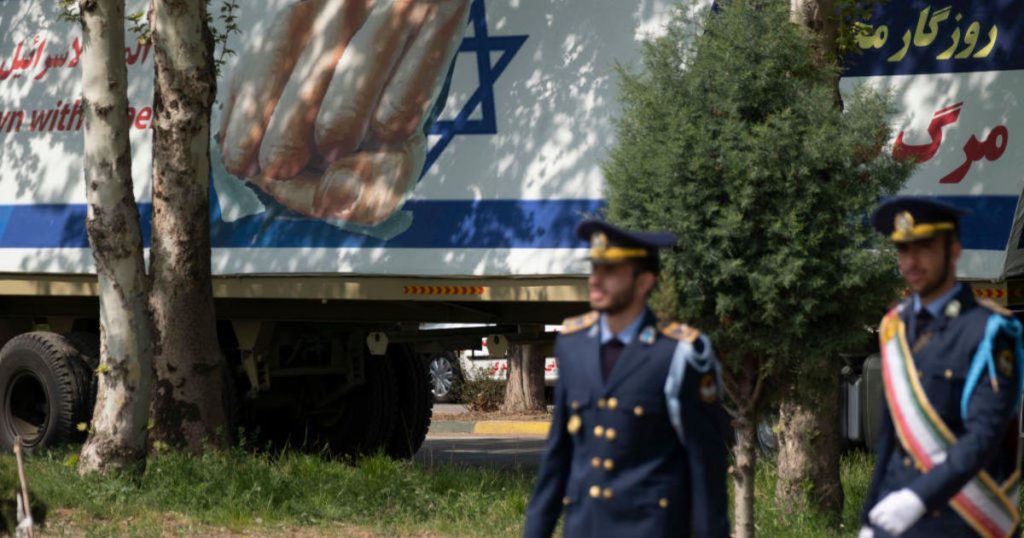Reports have emerged of an Israeli missile striking Iran in retaliation for a previous drone and missile attack against Israel. The exact location and extent of the strike have not been disclosed, with Israeli officials remaining tight-lipped about the incident. Isfahan, where the strike is believed to have occurred, is home to crucial military and nuclear sites in Iran. The Israeli Defense Forces have declined to comment on the attack, while Iranian news agencies have reported hearing blasts in the area. Emirates and FlyDubai airline carriers diverted flights around western Iran following the incident, and Iran later grounded commercial flights in Tehran and surrounding regions.
Iran retaliated against Israel last weekend following an attack on an Iranian consulate in Syria that resulted in the deaths of several officers from Iran’s Islamic Revolutionary Guard Corps. The retaliatory strike by Iran involved a significant number of drones, cruise missiles, and ballistic missiles, with the majority of the ballistic missiles targeting Israel’s Nevatim Air Base. Despite the intensity of the attack, U.S. and other allies of Israel have advised Prime Minister Benjamin Netanyahu to exercise restraint in responding to Iran. The United States has made it clear that it will not participate in any Israeli retaliatory strike, and President Biden has urged Netanyahu to consider the implications of a strong response on the region.
The retaliation by Iran against Israel, though deemed to have caused minimal damage by the IDF, has raised concerns about escalating tensions in the region. The use of advanced military technology, such as drones and ballistic missiles, demonstrates the capability and willingness of both parties to engage in conflict. The focus now is on preventing further escalation and potential wider regional destabilization. The situation remains fluid, with developments expected as both sides assess their next steps and international actors weigh in on the situation.
The back-and-forth strikes between Iran and Israel highlight the volatile nature of the Middle East and the ongoing power struggles in the region. With both countries possessing significant military capabilities and regional influence, any escalation in hostilities could have serious consequences for the wider region. The involvement of other countries, such as the United States, adds a layer of complexity to the situation, as various actors navigate their alliances and interests in the region. The need for de-escalation and diplomatic efforts to address underlying grievances and disputes is imperative to prevent further violence and instability.
As the situation continues to evolve, it is essential for all parties involved to exercise restraint and prioritize dialogue and peaceful resolution to conflicts. The use of military force and advanced weaponry threatens to further heighten tensions and pose a risk to regional security. International cooperation and mediation efforts may be necessary to defuse the situation and prevent any further escalation. The stakes are high, and the repercussions of continued violence could have far-reaching implications for the Middle East and beyond. It is crucial for all parties to consider the long-term consequences of their actions and work towards sustainable peace and stability in the region.


